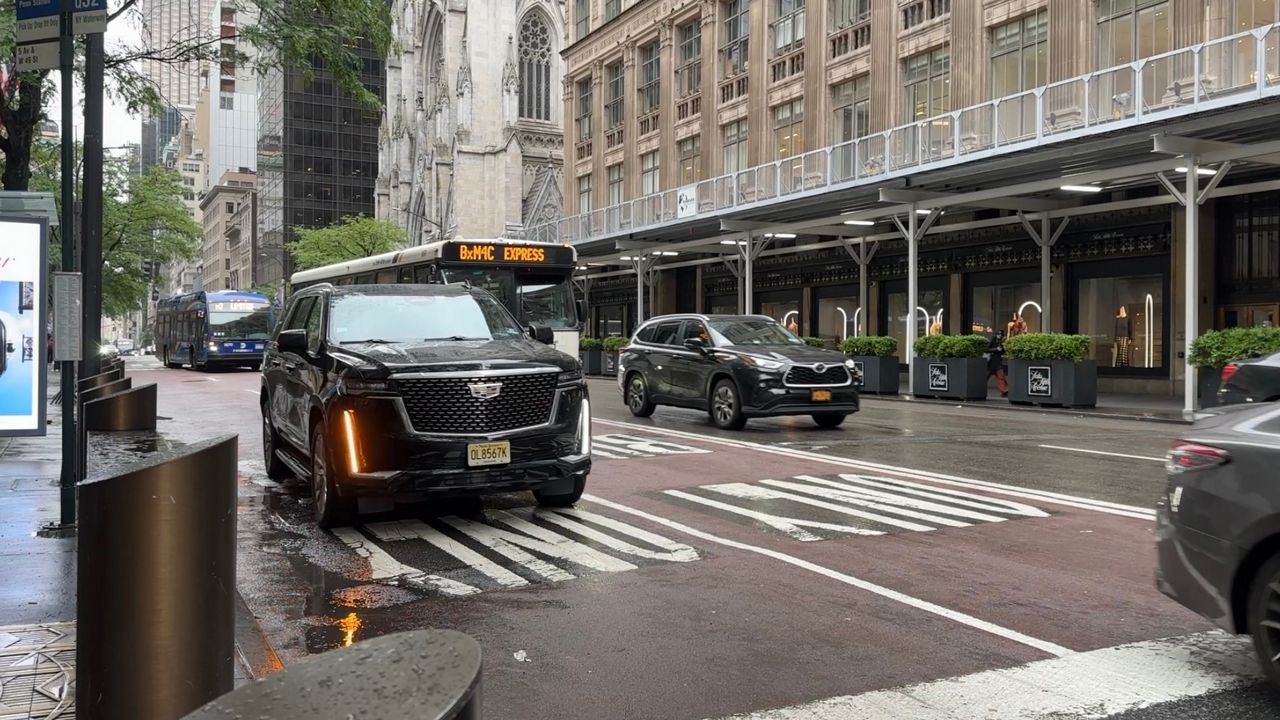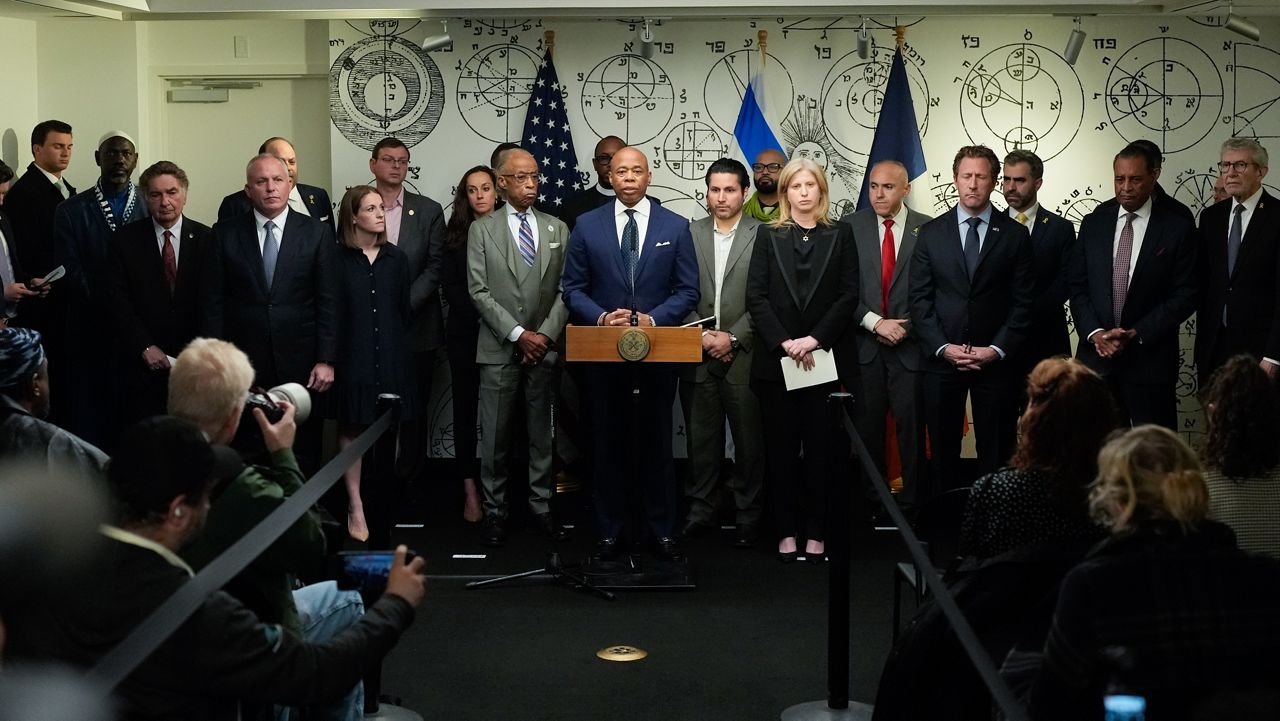In the heart of Chinatown, Ken Li walks the narrow aisles of KK Discount, the small shop he’s run for more than 30 years.
“I want to keep the customer. It’s very important because I’ve worked here so long,” Li said.
But for the past month, that loyalty has come at a cost.
What You Need To Know
- The U.S. plans to reduce tariffs on Chinese imports from 145% to 30%
- This week, the U.S. and China announced a 90-day pause in their tariff dispute
- Rather than raising prices, some Chinatown business owners say they've absorbed the rising cost due to tariffs to keep prices low and customers coming in
Most of what Li sells is made in China. And during the U.S.-China trade war, tariffs on those goods climbed as high as 145%.
“I still have merchandise supply, but the price is going up,” Li said.
Rather than raising prices, Li took the hit, absorbing the rising cost to keep prices low and customers coming in. Now, there’s a glimmer of relief.
This week, the U.S. and China announced a 90-day pause in their tariff dispute.
“They’re talking, so that good news for everyone,” Li said.
The U.S. plans to reduce tariffs on Chinese imports from 145% to 30%.
But Joseph Foudy, professor of economics at NYU, says the agreement will still leave business owners with sticker shock.
“It’s important to understand that that 30% is almost a historic high. We haven’t seen rates like that in over 100 years,” Foudy said.
Foudy also says locking down a deal in 90-days may be unrealistic.
“You’re still looking at on-average about a 40% tariff rate, which six months ago would have been shocking. That’s just going to feed through to consumers at a store on any good that you buy that is either imported or has imported parts,” Foudy said.
‘’It’s a rollercoaster ride, and it’s totally unpredictable,” Wellington Chen, the director of Chinatown Business Improvement District, said.
Chen says many businesses like Li’s never passed tariff costs on, meaning profits disappeared.
“The damage is already done,” Chen said.
Combined with the economic toll of the pandemic and rise in anti-Asian hate incidents during that period, Chen says many storefronts are still struggling to recover, but like Li, they’re optimistic they’ll weather the next storm.
“I try to do my best for my customer,” Li said.





_CGPK_Chinatown_Reax_Trump_Tariffs?wid=320&hei=180&$wide-bg$)


_CG_Security_NYC_After_DC_Embassy_Shootings)



